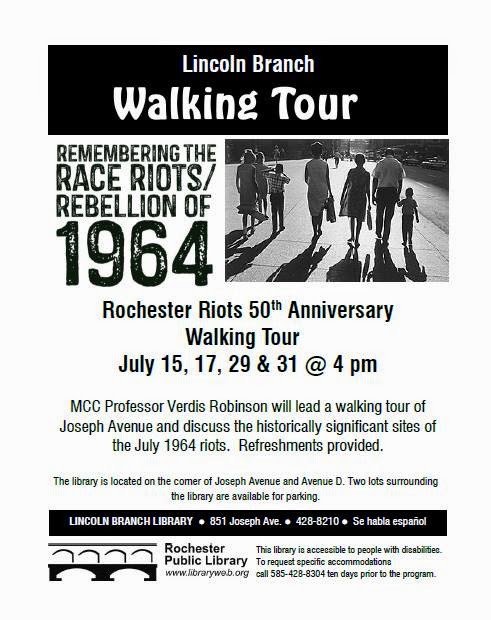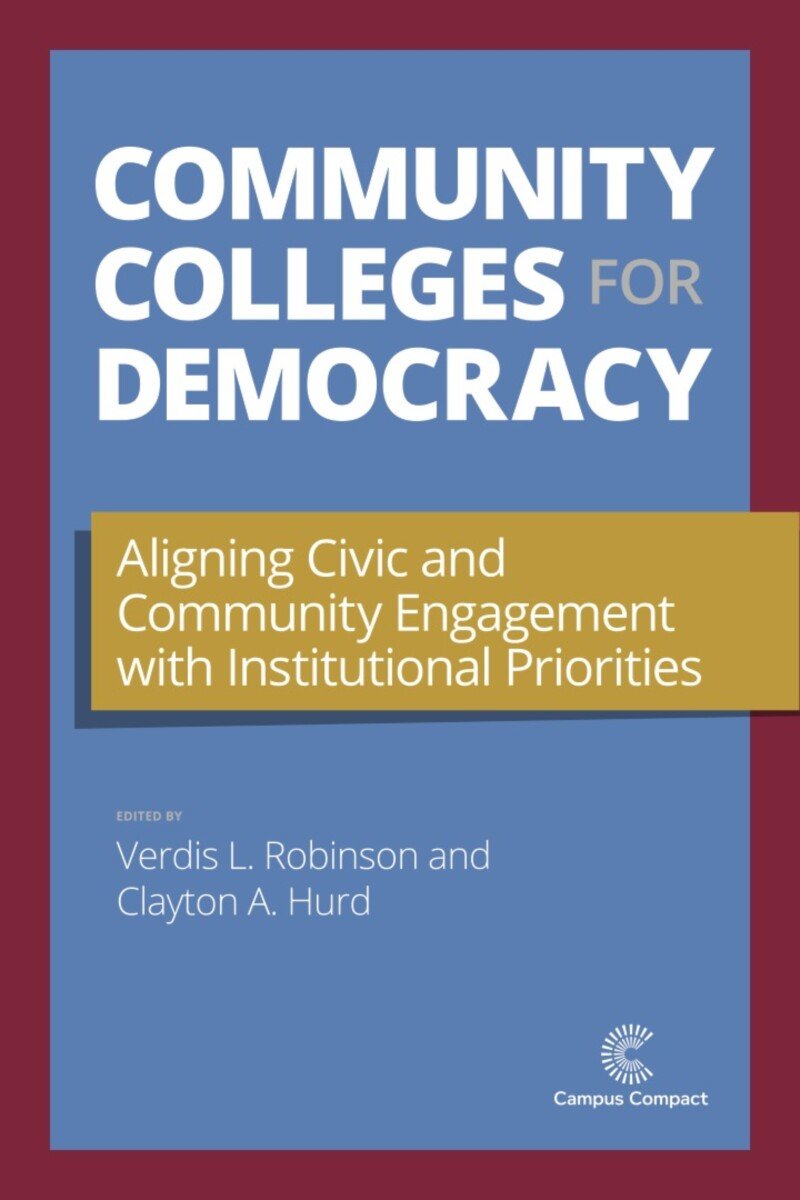Social Justice & Community Engagement
“We must complain. Yes, plain, blunt complaint, ceaseless agitation, unfailing exposure of dishonesty and wrong - this is the ancient, unerring way to liberty and we must follow it.” -W.E.B. DuBois
Verdis and housemate at a Black Lives Matter vigil and demonstration in Jamaica Plain, MA, July 2020.
I bring with me vast experience in civic learning and democracy engagement that has become an important component in my ministry. I came to engaging in our communities and in our democracy later than most. I began my journey as a college professor and brought my students with me for the ride. I saw first-hand the power civic engagement and democracy education had on the most marginalized in higher education- community college students.
At the age of 30, I obtained the rank of tenured Assistant Professor of History and African-American Studies at Monroe Community College (MCC) in Rochester, NY, where I taught web-enhanced, writing-intensive, service-learning history courses for a total of ten years.
The work was an effort I began as the national director of The Democracy Commitment (TDC) in 2016. During this time, I was the Co-Editor for the publication, Community Colleges for Democracy: Aligning Civic Learning with Institutional Priorities (2022).
I obtained the rank of tenured Assistant Professor of History and African-American Studies at Monroe Community College (MCC) in Rochester, NY, where I taught web-enhanced, writing-intensive, service learning history courses for ten years. During my tenure my students and I engaged in voter outreach and education, neighborhood historical walking tours, jury recruitment, and deliberative democracy. This work continues in my ministry.
After becoming a national advocate of community college civic education, I was the Director for Community College Engagement at Campus Compact and helped to create its Community Colleges for Democracy network.
I have received valuable knowledge in public engagement and learning as a fellow of the Aspen Institute’s Faculty Seminar on Citizenship and the American and Global Polity, and the National Endowment for the Humanities’ Faculty Seminar on Rethinking Black Freedom Studies: The Jim Crow North and West. Additionally engaged many communities as a Public Scholar of Humanities New York where I delivered interactive presentations on Frederick Douglass and his global search for democracy and equality, and also on the Rochester Race Riots of 1964 to diverse audiences across New York State before the pandemic.
One of the books I co-authored brings to light the stories of several African-Americans, some well-known, some not. “We bestow upon them the title of Mounts of Hope, for they came to Rochester, New York with an enduring optimism, endless courage, the ability to overcome obstacles, to labor for their bread, to fight for their beliefs, to make contributions to their community, and throughout their lives maintain mountains of hope for their future and that of their children. It is fitting that they rest permanently in a cemetery with the name, Mount Hope.”
Throughout my life and career, I have demonstrated a commitment to the fifth principle of Unitarian Universalism. I have brought this deep commitment to democracy and civic engagement into my ministry. Engaging in critical justice issues I led, participated in, and assisted with electoral engagement, Earth Day services, and 8th Principle adoption, and more engaging powerfully in interfaith settings for prophetic witness against the evils of oppression- especially center power and control- on multiple occasions connecting with clergy leadership locally, statewide (Vermont and New York), and nationally.
I also represented UU in local activities such as the COVID-19 Interfaith Memorial Service and the Jewish Community of Vermont Service of Resilience which was a gathering of the Vermont Jewish community to reflect and pray together in the aftermath of the hostage situation in Colleyville, Texas, standing stronger together as allies as we expressed our distress and anger, as well as our relief and gratitude. These experiences have shown up in ministry through sermons, UUtheVote local engagement, Congregational 8th Principle Adoption, and intentional focus on the Fifth Principle of Unitarian Universalism: The Right of Conscience and the Use of the Democratic Process Within Our Congregations and in Society at Large. Below are a few examples:
Sermon on Voting Rights delivered at the Unitarian Church of Montpelier on January 16, 2022.
I have also demonstrated strong commitment and skills in anti-racism, anti-oppression, and multiculturalism both within and beyond Unitarian Universalism in many ways. One of the ways was the creation and facilitation of RIBS: Race in a Brave Space. This series of five dialogues engaged participants in tough dialogues of race and racism in our national history, local histories, denomination history, and within ourselves and communities. The premiere of it was piloted by the congregations in Rochester and held virtually with healthy attendance and engagement. It is something that I would love development more and pilot in other locations as it proved to be effective.







